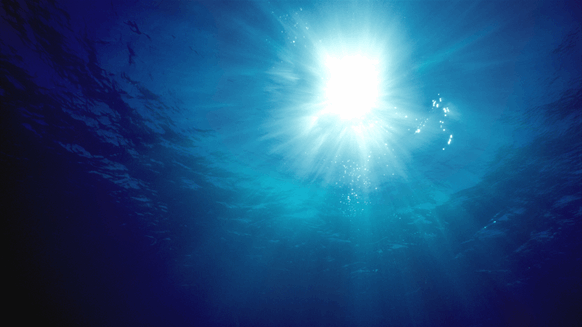Wintershall Dea has announced a “significant” oil discovery at its Kan prospect in Block 30, offshore Mexico.
According to preliminary estimates, the find, located in the shallow waters of the Conca Salina in the Sureste basin, may contain between 200 and 300 million barrels of oil equivalent, according to a statement published on the website of Wintershall Dea .
Kan is the first of two engagement wells in Block 30, the company noted in the statement, adding that the Kan prospect is within an area of several Miocene discoveries “including the world-class Zama discovery and the discoveries of Polok and Chinwol.”
The Kan well, drilled from the Borr Ran platform, reached a total depth of 3,317 meters and encountered more than 170 meters of Upper Miocene net pay sands with good petrophysical properties and high-quality oil, Wintershall Dea noted in the statement
Wintershall Dea has a 40% stake in Block 30, with Harbor Energy and Sapura OMV each holding a 30% stake. The Block 30 consortium will evaluate the “extensive” underground data collection to prepare the evaluation plan for the Kan discovery, Wintershall Dea said in the statement.
“This important discovery in Wintershall Dea’s first self-operated exploration well offshore Mexico is a great achievement,” said Hugo Dijkgraaf, Wintershall Dea’s chief technology officer and member of the executive board responsible for global exploration , in a statement from the company.
“It was one of the most contested blocks in Mexico’s bid round 3.1 in 2018. Kan’s successful discovery confirms the attractiveness of Block 30, complementing Wintershall Dea’s excellent portfolio of Mexican licenses,” added.
“It is an important step to extend our footprint in Mexico by contributing to the development of a potential new hub in the shallow waters of the Sureste Basin,” continued Dijkgraaf.
Martin Jungbluth, the managing director of Wintershall Dea in Mexico, said that “the discovery in Block 30 is the next important milestone for Wintershall Dea in Mexico.”
“From our strong market position, with our value-added projects in the exploration and development phase, as well as our current production projects, we hope to contribute to the development of the Mexican energy sector,” Jungbluth added.
In a separate statement posted on its website, Harbor Energy said it was pleased to note operator Wintershall Dea’s announcement that the Kan-1 exploration well has made an oil discovery in Block 30.
“The Block 30 partners will now evaluate the well data collected and develop a proposed plan to evaluate the discovery,” Harbor Energy said in the statement.
In a media roundtable statement posted on its site, Wintershall Dea dubbed Kan a “significant” oil discovery and noted that the company hit more milestones in Mexico in the past quarter.
The company highlighted at the roundtable that it presented, with its partners, a development plan for the “strategically significant” Zama project and completed the acquisition of a 37 percent stake in the offshore producer Hokchi Block from Mexico
Wintershall Dea described Zama as one of the world’s largest shallow water discoveries in recent decades in the statement, adding that the asset is expected to produce 180,000 barrels of oil per day at its peak. peak
“These are important developments: for the projects, for Wintershall Dea, and for Mexico and the country’s energy supply,” Wintershall Dea CEO Mario Mehren said in the roundtable statement.
Wintershall Dea announced the presentation of the Zama development plan on March 24. A final investment decision for the asset is expected next year after front-end engineering design studies have been completed, when cost and schedule risks have been mitigated to an appropriate level. and with major contracts poised to be awarded, Wintershall stated in the announcement.
Wintershall Dea announced the completion of the acquisition of the Hokchi block on 31 March. In this announcement, the company noted that the block represents a production asset that fully meets Wintershall Dea’s strategic requirements, “also in terms of efficiency and emissions.”
“It currently produces about 27,000 barrels of oil equivalent per day crude, making it one of the fields with the highest production rate among those operated by privately-led companies in Mexico,” Wintershall Dea said in a statement from the company on March 31.
To contact the author, please send an email andreas.exarcheas@rigzone.com


